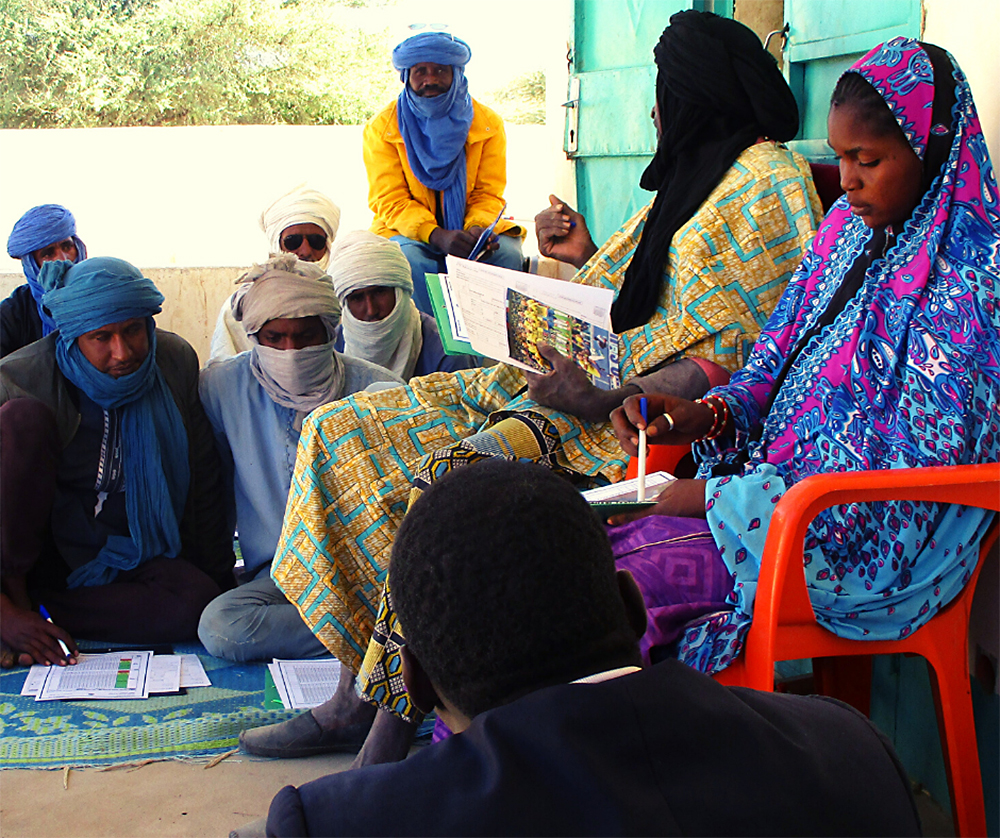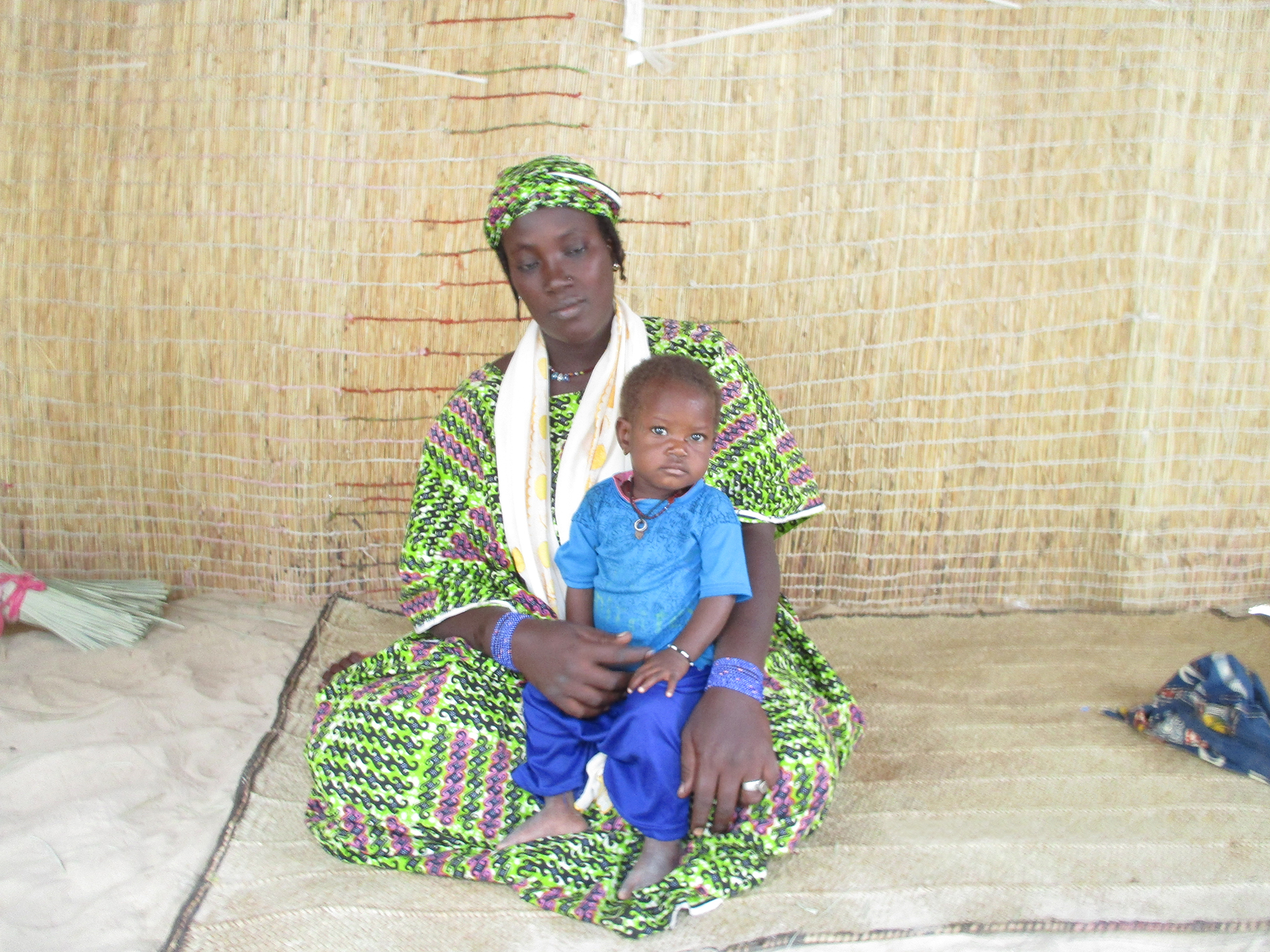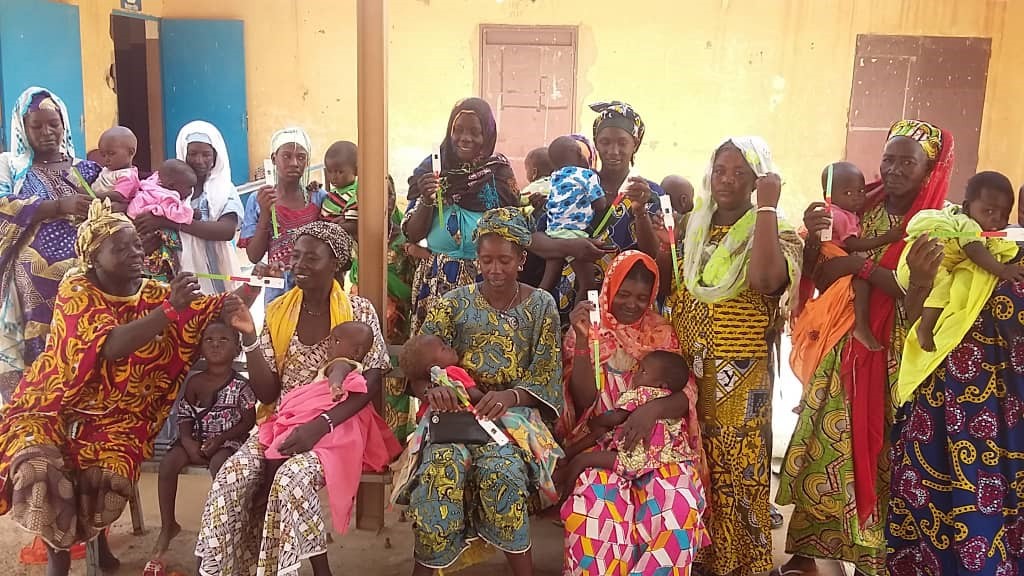January 2020 marked eight years since a violent conflict broke out in the west African nation of Mali, between the government and several insurgent groups in the north, throwing the country into a spiral of seemingly never-ending violence. Though a peace agreement was signed in 2015, conflict in one shape or another has persisted, with 2019 in particular seeing a sharp increase in violence.
Fighting and the displacement it has left in its trail, paired with such climate-related shocks as droughts, has plunged Mali—a country where the majority of people rely on livestock or farming to feed themselves and make a living—into a severe humanitarian crisis.
Conflict and Shrinking Resources Have Taken Their Toll
Centuries of coping with extreme weather has rendered Mali’s communities profoundly resilient. For example, among other things, many communities have developed migrating patterns that align with the weather and improve their chances of securing food. But despite this, the conflict and unpredictable weather have taken their toll. Today, 3.7 million people—predominately from Timbuktu and Gourma-Rharous, two districts located in northern and central Mali—rely on aid to survive.
Undernutrition threatens the lives of millions of Mali’s children. According to the United Nations, the condition is responsible for nearly half of all deaths of children under the age of five. Though the total number of stunted children under five has globally declined over the last two decades from 198 million to 149 million, the number of stunted children in Mali has increased—from 22.4 to 28.9 million.

Harnessing Potential: A Focus on Training
The most severe form of undernutrition is acute malnutrition, also known as wasting. Even when a child’s life is saved, acute malnutrition can cause stunting, a permanent disability caused by insufficient nutrition during a child’s early years, resulting in poor growth and slow development.
Treatment is absolutely essential in the fight against malnutrition, but it isn’t enough. Training is also key in the fight against the condition, particularly when it comes to preventing it in the first place. This is why International Medical Corps focuses on training and mobilizing a group of individuals in Mali with a remarkable ability to become powerful agents of change: mothers. Years of experience have taught us that mothers can be skill-building catalysts in their communities.
How do we support these malnutrition fighters? We provide training to mothers who often have personal experience of caring for children suffering—and recovering—from malnutrition. The training, paired with mobilization and promotion, has laid the foundation to ‘Mother Groups’, a community-based project funded by the European Civil Protection and Humanitarian Aid Operations (ECHO). The groups enable individual mothers—all of whom receive training from International Medical Corps—to share their experiences and discuss how their work can have an even greater impact.

Aïcha: A Mother and Change Agent
Aïcha from Rharous, a rural area on the banks of the Niger River, is a perfect example of how the Mother Groups model works. Last September, her 2.5-year-old daughter Halimatou fell ill. The young girl didn’t want to eat, suffered from diarrhea and was losing weight fast. One of Aïcha’s friends, also a mother, visited Aïcha’s home, saw Halimatou’s condition and recommended that Aïcha immediately visit Benguel, a nearby International Medical Corps-supported clinic that provides free malnutrition treatment.
The following day, Aïcha brought Halimatou to the clinic, where International Medical Corps’ staff examined her, diagnosing her with severe acute malnutrition. One of our health workers set up a treatment program and the little girl, thankfully, recovered within four weeks.
While her daughter received treatment, Aïcha received training. Among other things, International Medical Corps’ team showed the 30-year old mother how to use a MUAC-band—a simple but essential piece of medical equipment used to measure a child’s upper arm, determining whether they suffer from, or are at risk of, malnutrition. The training enabled Aïcha to continue screening for malnutrition within her own family as well as pass these newly adopted skills on to her peers. Today, she is one of several committed ‘MUAC mothers’ that International Medical Corps supports in Mali.
“The Most Interested, Involved and Motivated”
When asked why the MUAC mothers are so vital in the fight against malnutrition, Emilie Mignot, International Medical Corps’ Program Coordinator in Mali, explains it well: “They are the first line of screening and, most importantly, they are the most interested, involved and motivated to disseminate key nutrition messages within their communities. If mothers know how to provide sufficient nutrition to children and spot when they aren’t receiving enough, undernutrition will decrease.”
Mali’s mothers won’t let a tragedy like child malnutrition defeat them. Instead, armed with treatment, training and the power of shared experiences, the MUAC mothers are fighting back against malnutrition—and bringing about positive change.
